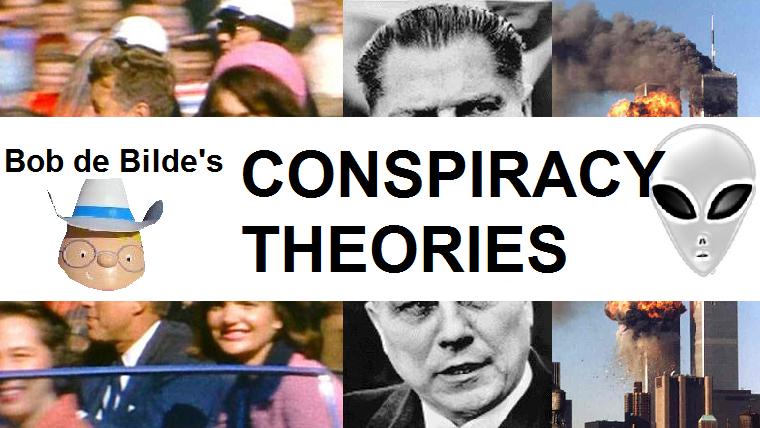
Dirty Harry is the name of a series of films and novels starring fictional San Francisco Police Department Homicide Division Inspector "Dirty" Harry Callahan, portrayed by Clint Eastwood. Eastwood's character also helped popularize the .44 Magnum, as Harry Callahan is famously shown wielding his Smith & Wesson Model 29 revolver.
Dirty Harry (1971)
Dirty Harry, directed by
Don Siegel. In this film Harry is tracking
Scorpio, a
serial killer. Eastwood's iconic portrayal of the blunt-speaking, unorthodox detective set the style for a number of his subsequent roles, and the box-office success of the film led to the production of four equally successful
sequels. The "alienated cop" motif was one subsequently imitated by a number of other films. This film features Eastwood intoning "You've got to ask yourself a question: Do I feel lucky? Well, do ya, punk?" (The line is often misquoted as "Do you feel lucky, punk?")
This movie became iconic, mirrored by other movies, especially the rest of the Dirty Harry films, because it was a portrayal of social protests, pointing out that it was easier for the justice system to protect potential suspects ahead of enforcing the rights of victims while ignoring citizens who were in danger or who had been murdered. It was the sixth-highest grossing film of 1971 after Fiddler on the Roof, Billy Jack, French Connection, Summer of '42, and Diamonds Are Forever.
Magnum Force (1973)
Magnum Force, directed by
Ted Post. The main theme of this film is
vigilante justice, and the plot revolves around a group of renegade traffic cops who are executing criminals who have avoided conviction in court. Despite Harry's penchant for strong-arm methods, he does not tolerate coldblooded murder of the accused and resolves to stop the killers. In this film Harry's catch-phrase is "A man's got to know his limitations." Although a box-office success like its predecessor, the film was given negative publicity due to the tone of violence. It was the sixth-highest grossing film of 1973 and a commercial hit.
The Enforcer (1976)
The Enforcer directed by
James Fargo. In this film, Harry is teamed up with an inexperienced female partner Kate Moore (
Tyne Daly), and takes on a
terrorist ring calling themselves
The People's Revolutionary Strike Force. The film contains
feminist themes and is generally considered more "
politically correct" than its predecessor
[citation needed]. Harry opposes introducing inexperienced inspectors to the dangers of police work, whether male or female, and sees the homicide department as too dangerous for his new partner, who worked until recently in Records. He has nothing against female police officers; he simply feels that Moore is too green. However, "by the book" Inspector Moore, though starting out overenthusiastic, proves herself valuable, and matures quickly, earning Harry's respect in the process.
By the time this film was released, the Dirty Harry series had gained attention and critical admiration, such that the makers of The Enforcer knew they had a bankable movie on their hands. With the depiction of a female inspector as Harry's partner and its realistic portrayal of the dangers of police work, this movie was a huge hit, appealing to both men and women, and it holds up today as one of the best in the series.
Sudden Impact (1983)
Sudden Impact, directed by
Clint Eastwood. The film's plot revolves around an aging, but still bitter "Dirty" Harry Callahan being sent to a small town to follow up a lead in a murder case, which leads him directly to a
rape victim who is out to
avenge herself and her catatonic sister by killing the
people who sexually assaulted them. It is best known for the phrase "Go ahead, make my day," which is often incorrectly attributed to the first film.
The Dead Pool (1988)
The Dead Pool , directed by
Buddy Van Horn. In the final film of the series, Harry finds out about a game called Dead Pool, in which people bet on which celebrity will die next. Eventually, someone tries to rig the game by killing certain celebrities. The film was not a commercial success, and it remains the final entry in the series due to Eastwood's refusal to reprise the character, feeling his age would make Harry a parody. Ironically, Clint Eastwood's age in this film is close to the age Dirty Harry was supposed to be in the original movie.
 Dirty Harry is the name of a series of films and novels starring fictional San Francisco Police Department Homicide Division Inspector "Dirty" Harry Callahan, portrayed by Clint Eastwood. Eastwood's character also helped popularize the .44 Magnum, as Harry Callahan is famously shown wielding his Smith & Wesson Model 29 revolver.
Dirty Harry is the name of a series of films and novels starring fictional San Francisco Police Department Homicide Division Inspector "Dirty" Harry Callahan, portrayed by Clint Eastwood. Eastwood's character also helped popularize the .44 Magnum, as Harry Callahan is famously shown wielding his Smith & Wesson Model 29 revolver.













































No comments:
Post a Comment